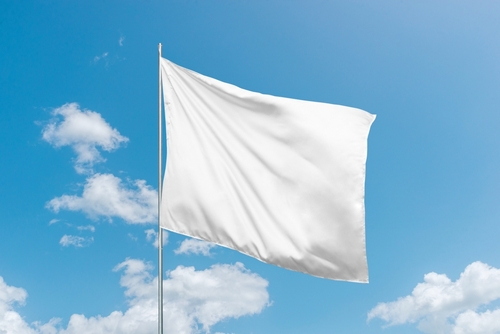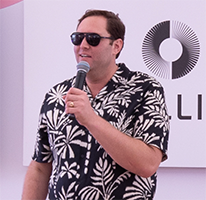VIRGINIA BECAME THE first state to pass legislation controlling unsolicited commercial e-mail (“spam”) late last month, when its House of Delegates unanimously approved a bill amending the state’s Computer Crimes Act.
Gov. James Gilmore said he would sign the bill within 30 days, and state Attorney General Mark Earley indicated he would enforce it “when and where appropriate.” But the Virginia branch of the American Civil Liberties Union plans to challenge it in court.
The bill, backed by the governor’s Commission on Information Technology, makes spamming a misdemeanor, punishable by fines of up to $500. It becomes a felony carrying stiffer fines, and possible jail time, if the spam is maliciously sent and causes the recipient to lose more than $2,500.
The legislation also permits Internet service providers like Dulles, VA-based America Online (AOL) to sue spammers for civil damages of $10 per message or $25,000 a day, whichever is greater.
AOL noted in a statement endorsing the legislation that so far it has filed about 40 civil lawsuits under existing Virginia law but could only recover actual damages, not potentially higher punitive ones.
The Direct Marketing Association supports the measure-at least in part. Senior vice president for congressional matters Richard A. Barton explains that while the bill “gives some protection to Internet service providers by not holding them liable for damages caused by spammers,” it should have included an opt-out provision so that people can control their e-mail.
Kent Willis, executive director of the Virginia ACLU, said in a statement that there was little evidence spamming was enough of a problem to justify the state’s attempt to limit free speech on the Internet.
“Expression is protected in the commercial as well as the non-commercial context. No one has yet to come up with a valid or compelling [reason for] limiting the way e-mail is sent.”
 Network
Network


